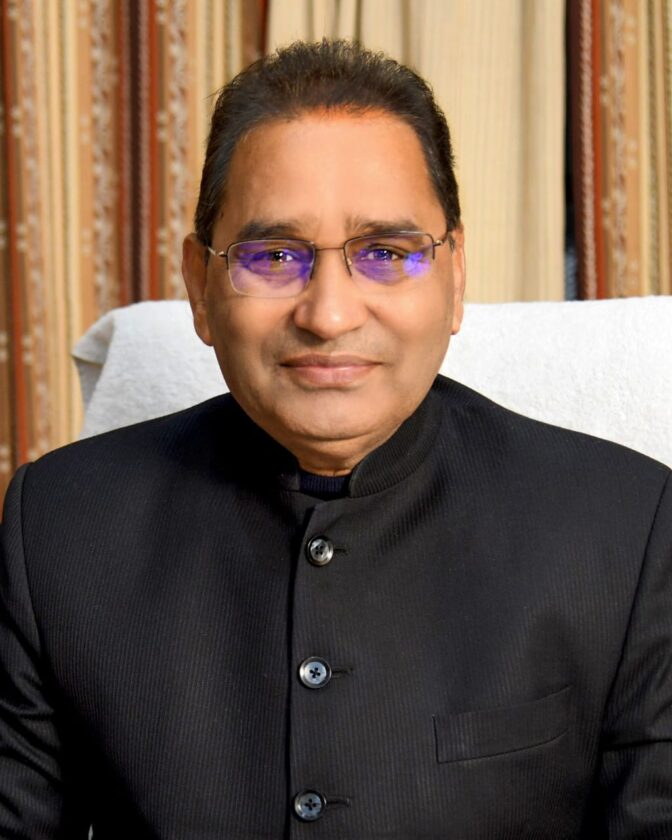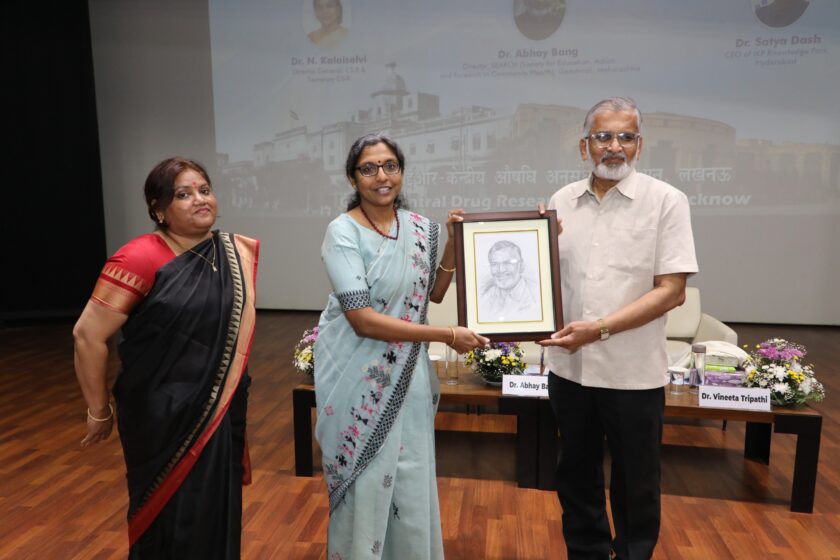New Delhi – In a landmark move, the Union Cabinet on Wednesday approved the inclusion of a nationwide caste census as part of the upcoming decadal census, scheduled for 2026. The decision comes in the wake of persistent demands from opposition parties, led by the Congress, for a caste-based population survey to inform welfare and social justice policies.
The announcement followed a meeting of the Cabinet Committee on Political Affairs (CCPA) chaired by Prime Minister Narendra Modi, and signals what many see as a major shift in the Centre’s approach to caste-based data and representation.
Government Calls Move a Step Towards Social Justice
Union Home Minister Amit Shah, speaking shortly after the Cabinet decision, described the move as “historic” and rooted in the government’s commitment to social equity.
“The Modi government, committed to social justice, has taken a historic decision today. In the CCPA meeting under the leadership of Prime Minister Modi ji, a strong message of commitment towards social equality and the rights of every section has been given by including the caste census in the forthcoming national census,” Shah said.
Opposition Welcomes Move, Demands Timeline
The opposition, particularly the Congress, has welcomed the decision while urging the government to announce a timeline for its implementation.
Leader of Opposition in the Lok Sabha, Rahul Gandhi, who has consistently raised the issue in Parliament and at public rallies, said:
“We had promised in Parliament that we would push for a caste census. We also said the 50% reservation cap, the artificial wall, must go. Suddenly, after 11 years, it has been announced. We fully support it, but now we want a clear timeline. This is the first step.”
Gandhi also praised Telangana as a model state in conducting the caste census, suggesting it could serve as a blueprint for the national exercise.
Congress leaders Jairam Ramesh and Chamala Kiran Kumar Reddy echoed this sentiment. Ramesh shared a letter written by Congress President Mallikarjun Kharge to the PM in 2023, calling it evidence of the party’s long-standing demand. Reddy, meanwhile, called the move a fulfillment of Rahul Gandhi’s “dream.”
Regional Parties Celebrate What They Call “Ideological Victory”
Several regional leaders claimed credit for the policy shift. Tejashwi Yadav, RJD leader and former Bihar Deputy Chief Minister, called it a 30-year-old demand of his party.

“It’s a victory for Socialists and Lalu Yadav. Earlier, ministers rejected our demand, but now they have to work on our agenda,” said Yadav. He also demanded that the caste census be completed before delimitation, with reservation for OBCs and Extremely Backward Classes (EBCs) in legislatures.
Samajwadi Party leader Ravidas Mehrotra said the decision was a win for the country’s Dalits and backward classes, and reflected years of struggle by progressive political forces.
BJP, NDA Respond to Credit Claims
Responding to Tejashwi Yadav’s assertion of ideological victory, Union Minister Chirag Paswan of the LJP (Ram Vilas) said:
“Let whoever wants to take credit, take it. But these are the same people who doubted us and our PM. The important thing is that the majority of the population wished for this, and the Prime Minister has respected that sentiment.”
Bihar Chief Minister Nitish Kumar, a long-time advocate of the caste census, welcomed the move enthusiastically:
“It’s a matter of great happiness that the Central Government has taken this decision. It will help identify different classes and enable targeted development planning. Congratulations and thanks to the PM.”
Union Minister Nityanand Rai also applauded the move, linking it to the government’s inclusive vision:
“This decision proves the Modi government’s commitment to all-round development and social equity. Like the 10% reservation for economically weaker sections, this too will be accepted harmoniously.”
The decision to conduct a caste census is expected to reshape the discourse around affirmative action, welfare policy, and political representation in India. As the country awaits further details, especially a timeline, the announcement marks a crucial moment in the evolving politics of social justice and data-driven governance.









